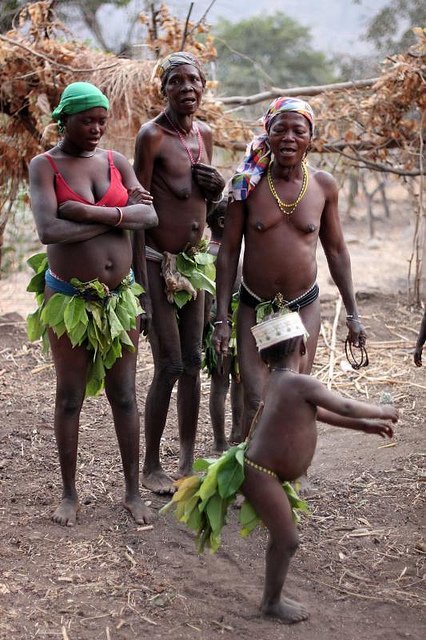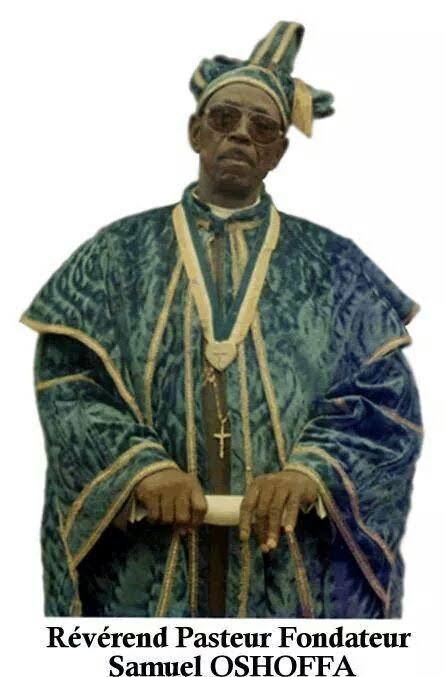“Who owns Lagos?.” The question is” Which Lagos?” because the ownership of Eko has never been in contention. It is abundantly clear that there is Serious muddling attached to the question in respect to the clear distinction between Eko, Lagos and Lagos State. The starting point is to resort to spatial delineation of these territories on the map of Lagos State for the clear comprehension of the reader.
In nomenclature, none indigenes are usually unable to know the difference between Eko, Lagos and Lagos State. For comprehension, Eko, the domain in which Oba Rilwan Aremu Akiolu is the traditional head belongs to Aromire. It is the space from Obalende to Idumota ( that is Lagos Island). This is different from Lagos which starts from Victoria Island, Lagos Island (Eko), Lagos Mainland up to Jibowu, Apapa, Surulere up to Akangba. This was the Federal Capital Territory of Nigeria. Lagos State on the other hand consists of the entire Lagos and its colonies of Badagry, Epe, Ikeja and Ikorodu.
Just to set the record straight, the whole of Lagos State wasn't the capital of Nigeria Like alot of people believe.
There is hardly anyone who is conversant with the history of Lagos Island that would feign ignorance on the fact that Lagos Island belongs to Aromire who is one of the children of Olofin Ogunfunminire, the progenitor of the Awori nation.
Attempt in contemporary times to reconstruct the history of the Yoruba and the Benin empires has led to series of distortions most of which contradict empirical evidences that lay bare in front of our generation. The only point of agreement in the hot debates over the years is that the two nations have the same root but whether the fruit was planted in Benin or Ife has been contentious. Irrespective of the position taken, there are some facts that are sacrosanct and should be linearly preserved. It is obvious and clear that one major reason for conquering people is to take their land and properties. If truly the Bini conquered Eko, how come there is no land in the entire Eko that belongs to the Bini?.This issue was settled in 1920 when Chief Amodu Tijani, the Oluwa of Lagos took the British Colonialists to the Privy Council in London. Hence, today, there is no contest on who the landlord is on the land in Lagos( not Lagos State). The legitimate ownership of Lagos Land is vested in the Idejo who are the offspring of Ogunfunminire and not the Bini. Anyone who cares, can read the landmark judgement delivered at the Privy Council in London in 1921.
History revealed that Olofin Ogunfunminire, the progenitor of the Awori and the father of the Idejo came from Ile Ife to settle in Isheri Olofin (a small town along the Lagos Ibadan Expressway) with his two wives Akesan and Ajayi. While Akesan was procreating, Ajayi was barren. On consultation, Ifa advised Olofin to move with Ajayi to the edge of a river. The couple consequently settled in Oto (at the back of the Ido Railway Terminus)
One day, the Bini invaded Oto and took Olofin to Benin. On arrival in the palace in Bini, it was discovered that Olofin was a Prince of Ife and was consequently released to come back to Lagos with a retinue of Bini Chiefs which included: Obanikoro (Chief Ajayi Bembe’s Lineage); Bajulaiye, Ashogbon and others as clearly outlined in Alhaji Okunnu’s interview.
History had it that the guests of Olofin were, on arrival, settled on the pepper farm of the Aromire . Hence the name “ Idungaran”
While one may not want to get too entrenched in the controversy of the explosive discourse, it won’t be out of place to also mention that the word “ Idu” may not necessarily be of Benin origin because apart from shared vocabulary between the Yoruba and the Bini, the settlement or anyplace in which a Yoruba community settles is called “ Iduro, Idu or Ido” depending on the tongue.
This history is totally different from the history of Lagos State as a whole, so whenever you hear the question "who owns Lagos?" That question is not about the ownership of Lagos State but a section of Lagos Island.
Even the Oba of Lagos is not the Oba of the whole Of Lagos state like alot of people think.
Lagos is different from Lagos State!
So let Us talk about the Indigenous people or population of Lagos State
Before the creation of Lagos State on 27 May 1967, Lagos, which was the country’s capital, It was been administered directly by the Federal Government as a Federal Territory through the Federal Ministry of Lagos Affairs, while the Lagos City Council (LCC) governed the city.
Lagos, along with the towns from the then Western region (Ikeja, Agege, Mushin, Ikorodu, Epe and Badagry) were eventually captured to create Lagos State.
Badagry and Ikeja is the major sections of the Ogu people in Lagos state with significant population in Ojo, makoko and yaba.
Awori make up the highest indigenious population in Lagos state, they are in almost every section of the state.
Ilaje Indigenous population can mostly be found on Lagos mainland, the creeks of Apapa, Ajegunle, Yaba, Makoko, Iwaya, Bariga, Oko Baba, Oto, Ebute-Metta, Oyingbo, Ijora, Igbo Elejo, Ojo, Aloro Island (off the coast of Kirikiri) Ajah, Badore, Iton Agan, Oworonsoki, Agboyi, Bayeku etc.
Ijebu People dominate the Epe and Ikorodu divisions in Majidun, Ijede, Owode, Ajegunle, Agbowa, etc. Including Ajah and ibeju Lekki
Egba people can mostly be found after/Along iyana ipaja, ipaja, abule Egba, agbado down to Ogun state border.
Ijesha, Fon, ewes from oyo, Saros, Remo, With other minority groups are also indigenious to Lagos State
If you are looking for the real owner's of Lagos State, They are the indigenes.
Source:
Prof. Ojikutu lectures at the Faculty of Business Administration, University of Lagos, Akoka, Lagos.
The History of Lagos by Sola Ebiseni
Wikipedia
Yorubaness









0 Comments